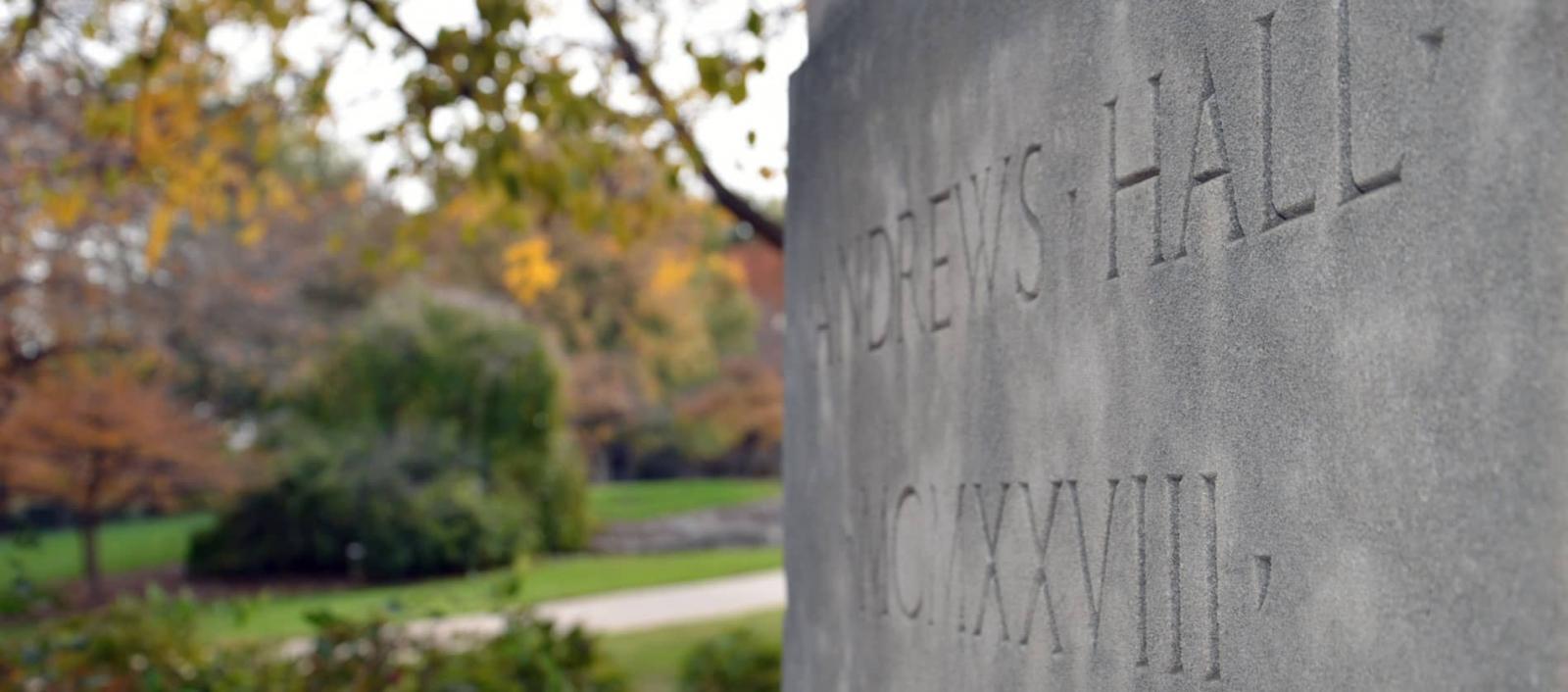
Sunita Jain
1972 Graduate, Ph.D. in English
One of India's most celebrated contemporary female bilingual writers, Dr. Sunita Jain, has been memorialized with a newly established literary award for graduate students at UNL.
Upon earning her Ph.D. at UNL in 1972, Dr. Jain returned to India, where she went on to become an award-winning writer in two languages and multiple genres. Dr. Jain passed away in 2017, and in her memory, we recognize the achievements of this UNL alum who was not only a scholar and educator, but also a translator, novelist, short story writer, and poet.
Research through the University Archives, the Digital Commons, and our departmental files reveals Dr. Jain to have been an engaged, dynamic student and writer during her time at UNL. The university did not yet file specializations beyond the subject of English when she graduated, but not having to declare a specialization in one genre over another might have suited her multidisciplinary interests. She built a foundation in literary scholarship, writing her dissertation on John Steinbeck, but also wrote poetry and fiction throughout her graduate school career.
Dr. Jain’s granddaughter, Alpana Mittal, said that her grandmother’s love of writing and desire to inspire others to write was fostered by her experiences at UNL. She flourished in, and contributed to, the creative writing community on campus, publishing poetry in the student-run newspaper, The Daily Nebraskan, and winning graduate literary contests three years in a row. These graduate literary awards included the Vreeland Award, which she received for her creative writing in 1969, and the Mari Sandoz – Prairie Schooner “Short Story Award,” which she received in 1970 and then again in 1971.
After graduating from UNL, Dr. Jain became a Professor of English at the Indian Institute of Technology, Delhi, where she also served as Head of the Department of Humanities and Social Sciences. In addition to her teaching and administrative duties, she wrote prolifically. She published over 60 books, writing in both English and Hindi and in multiple genres, including novels, short stories, children’s literature, nonfiction, and poetry. In the 2005 Encyclopedia of Post-Colonial Literatures in English, Dr. Anjana Neira Dev identified three major themes in Dr. Jain’s oeuvre: motherhood and mother-daughter relationships, nature and creation, and patriarchal characteristics of marriage.
Among the honors that Dr. Jain received over her lifetime are two of India's highest literary awards, the Padma Shri and the Vyas Samman. In 2004, she was awarded the Padma Shri, the fourth highest civilian award given by the Government of India. It was presented to her by then President of India, A.P.J. Abdul Kalam. More recently, in 2015, Dr. Jain received the prestigious Vyas Samman, which is conferred upon one writer annually for an outstanding contribution made to Hindi literature. She was awarded the Vyas Samman for her poetry collection Kshama.
Even after over 40 years of professional accomplishments such as these, her granddaughter said, Dr. Jain still remembered and felt incredibly proud of the graduate literary awards that she received while she was a doctoral student at UNL.
In memoriam, Dr. Jain's surviving family members have established the Sunita Jain Award for Excellence in Poetry, a literary award with a prize of $500, to be given to one graduate student annually. In the words of Dr. Stacey Waite, the Graduate Chair, “Earning the honor of the Sunita Jain Literary Award for Excellence in Poetry helps our graduate students enrich their professional profiles, receive funds that help them enter their poetry manuscripts in contests, and have their work publicly celebrated by the department.” The award was presented for the first time last spring to Jamaica Baldwin, an award-winning poet in the Ph.D. program. [...]

 Welcome to our English graduate program alumni newsletter, a place where we celebrate our current and former graduate students, and a place where our current students share their perspectives on their current graduate seminars. We are so proud of our graduate students, and we are very excited about creating this space to showcase their incredible work in and beyond our graduate program.
Welcome to our English graduate program alumni newsletter, a place where we celebrate our current and former graduate students, and a place where our current students share their perspectives on their current graduate seminars. We are so proud of our graduate students, and we are very excited about creating this space to showcase their incredible work in and beyond our graduate program.










